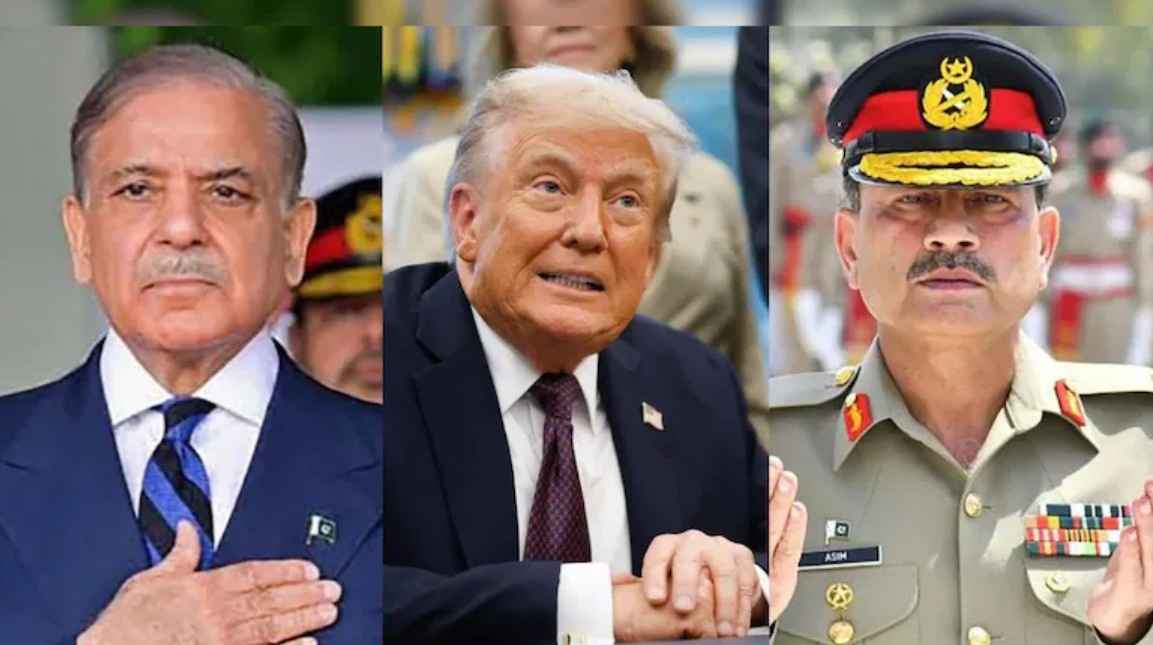Think Tank Recommends Policy Change to Revive Foreign Investment From China.
🔴 Developing Story — Key ministries are reviewing the proposal and updates will follow.
🔍 What’s the Proposal?
- NITI Aayog, India’s premier policy think tank, has proposed relaxing FDI rules imposed on Chinese companies.
- The draft recommends allowing up to 24% equity stake in Indian firms without requiring prior security clearance.
- Current norms mandate all investments from countries sharing a land border with India—especially China—to seek approval from the Home and External Affairs ministries.
📉 Why Change the Rules?
- Since the 2020 tightening of FDI norms, net FDI from China plunged to just $353 million, down from $43.9 billion in FY21—showcasing a significant drop in foreign capital.
- The new policy aims to streamline investment processes, reduce red tape, and revive stalled deals in sectors like telecom, tech manufacturing, and electronics.
🏛️ Stakeholders Reviewing the Proposal
- The policy is currently under consideration by key bodies including the Commerce Ministry, Finance Ministry, Ministry of External Affairs, and the Prime Minister’s Office.
- While some departments, such as the industries division, reportedly support easing, others remain cautious—citing national security concerns.
✅ Potential Benefits
- Quicker investment approvals and fewer bureaucratic delays
- Enhanced access to capital, technology, and supply chains for sectors like telecom, EVs, and manufacturing
- New opportunities for joint ventures and R&D collaborations
⚠️ Risks & Strategic Concerns
- Risk of covert influence through minority stakes
- Potential data security and cybersecurity implications
- Precedents from past investments where Chinese firms gained indirect control via layered ownership
- Possible political backlash amid ongoing India–China border sensitivities
🌐 Context: A Delicate Balance
This proposal arrives amid ongoing diplomatic recalibrations between New Delhi and Beijing, and is viewed as part of broader efforts to stabilize economic relations while protecting national interests.
NITI Aayog has argued that not all investments pose a threat and that structured, transparent channels can prevent misuse without hampering economic growth.
🧭 Next Steps
- The draft recommendation will go through multiple rounds of inter-ministerial discussions
- A decision is expected within the next few months, especially in the lead-up to upcoming trade policy reforms
- If approved, the revised norms could be rolled out with sector-specific filters and monitoring mechanisms
📌 Conclusion
The move signals a cautious opening toward restoring capital flow from one of India’s largest trade partners, without compromising national security. Policymakers are aiming to strike a balance between strategic autonomy and economic pragmatism.
🟠 This is a developing story. Details may evolve as government deliberations continue.



